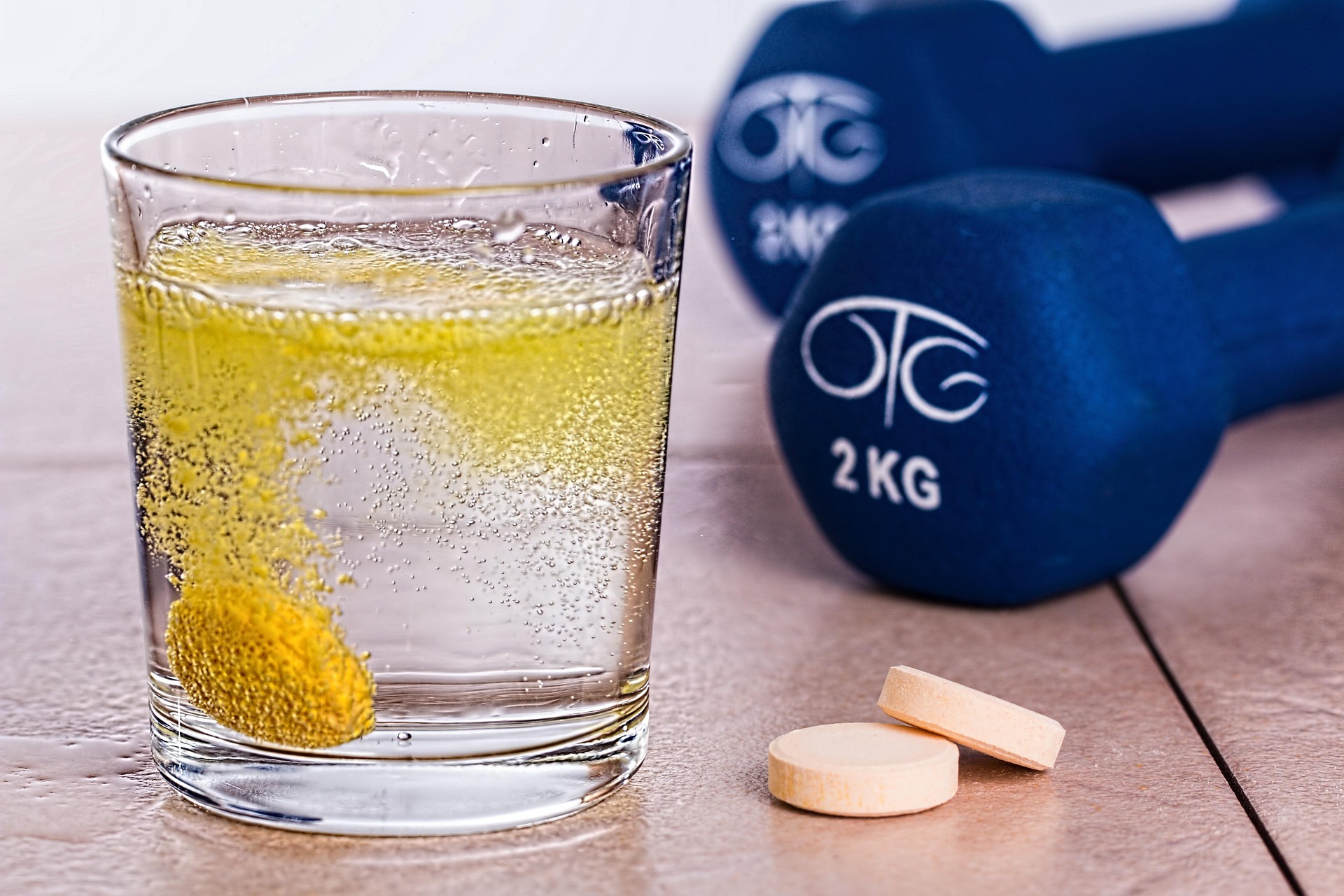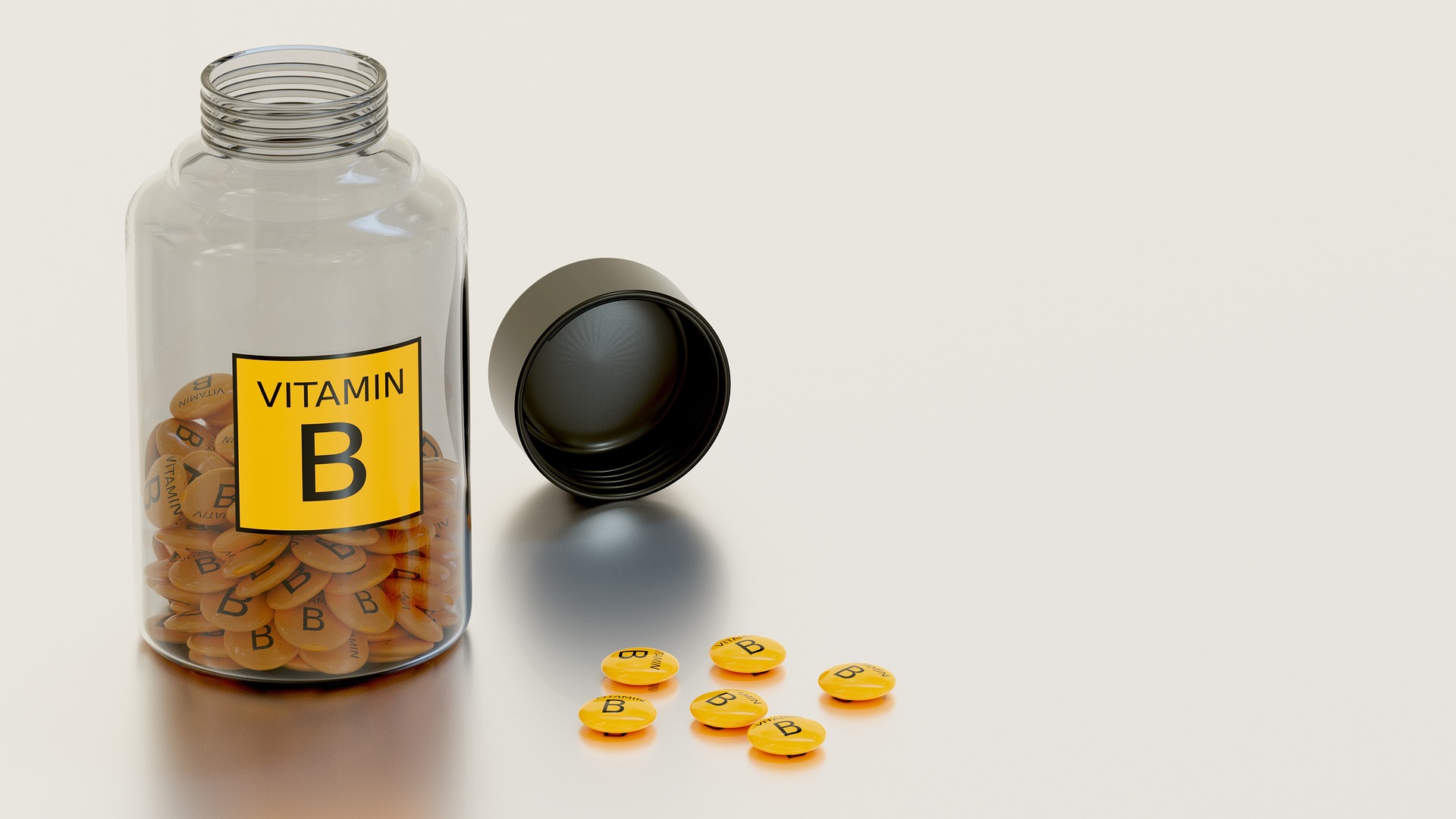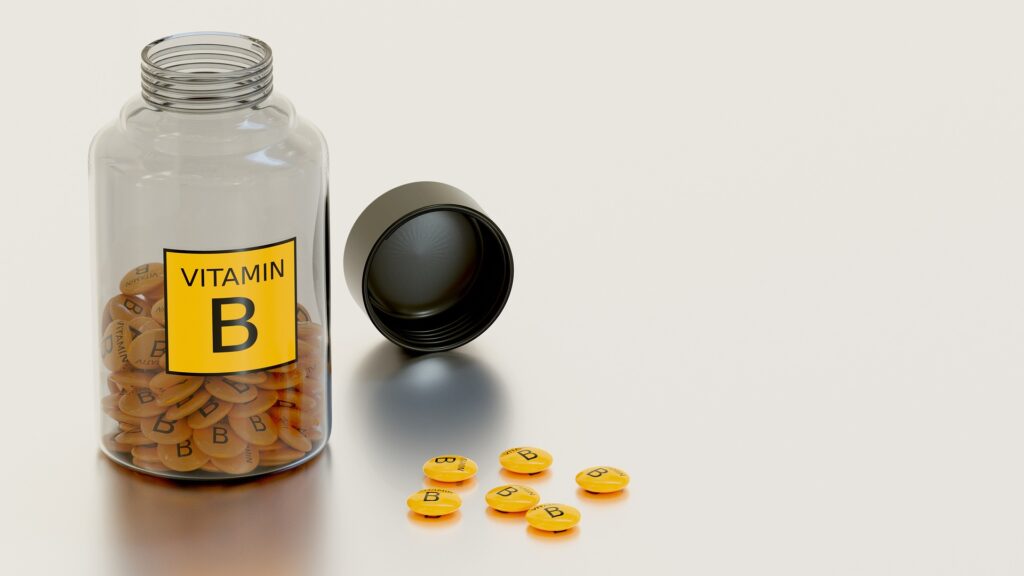When it comes to maintaining good health, vitamins often steal the spotlight—and for good reason. Among the most vital groups is Vitamin B, a collection of nutrients that play a crucial role in keeping your body energized, your mind sharp, and your metabolism running smoothly.
But here’s the catch: Vitamin B isn’t just one vitamin—it’s a complex of eight different essential nutrients, each with its own unique benefits. Let’s break it down.

What is Vitamin B?
The term “Vitamin B” refers to eight distinct water-soluble vitamins that collectively support many of the body’s key functions. These include:
-
B1 (Thiamine) – Helps convert food into energy and supports nerve function.
-
B2 (Riboflavin) – Essential for energy production and skin health.
-
B3 (Niacin) – Supports digestion, skin, and nerve function; helps lower cholesterol.
-
B5 (Pantothenic Acid) – Crucial for hormone and cholesterol production.
-
B6 (Pyridoxine) – Important for brain development and immune function.
-
B7 (Biotin) – Often associated with healthy hair, skin, and nails.
-
B9 (Folate/Folic Acid) – Essential for cell growth and red blood cell formation; especially important during pregnancy.
-
B12 (Cobalamin) – Vital for nerve function, red blood cell formation, and DNA synthesis.
Why Is Vitamin B Important?
Together, B vitamins are like the mechanics of your body’s engine. They help turn the food you eat into usable energy, support brain and heart health, and help your body manage stress. Without them, your body would struggle to perform even basic functions.
Some key benefits include:
-
Energy metabolism – B vitamins help the body break down carbohydrates, fats, and proteins.
-
Cognitive health – Especially B6, B9, and B12, which help support memory and mood.
-
Red blood cell formation – B12 and folate are critical in preventing anemia.
-
Healthy skin and hair – Biotin and B2 help maintain glowing skin and strong nails and hair.
Signs You Might Be Deficient
Because B vitamins are water-soluble, your body doesn’t store them well—meaning you need a consistent intake from food or supplements. Symptoms of deficiency can vary depending on which B vitamin you’re lacking, but common signs include:
-
Fatigue or weakness
-
Irritability or depression
-
Confusion or memory problems
-
Mouth sores or a swollen tongue
-
Numbness or tingling in hands and feet
-
Skin rashes
Best Food Sources of Vitamin B
Fortunately, you can get most B vitamins from a balanced diet. Here are some excellent sources:
-
B1, B2, B3: Whole grains, pork, seeds, and nuts
-
B5, B7: Eggs, milk, legumes, mushrooms
-
B6: Poultry, bananas, potatoes, fortified cereals
-
B9: Leafy greens, citrus fruits, beans, and fortified grains
-
B12: Animal products like meat, dairy, eggs, and fortified plant-based milks
Vegans and vegetarians should pay special attention to Vitamin B12, as it’s primarily found in animal products and may require supplementation.
Should You Take a B-Complex Supplement?
For many people, a balanced diet provides enough B vitamins. However, you may benefit from a B-complex supplement if you:
-
Are pregnant or trying to conceive (especially important for folate)
-
Follow a vegan or vegetarian diet (risk of B12 deficiency)
-
Are over 50 years old (reduced absorption of B12)
-
Have certain medical conditions (e.g., celiac or Crohn’s disease)
-
Are under a lot of physical or emotional stress
Always consult a healthcare provider before starting any supplement.
Final Thoughts
B vitamins are unsung heroes in your daily health. From boosting energy levels to supporting brain function and heart health, they work behind the scenes to keep your body operating smoothly. Prioritize getting these nutrients through whole foods and talk to a healthcare provider if you think you might be deficient.
After all, when it comes to feeling your best, the B’s have got your back.




